Armada leverages tech you already have, in ways you're already familiar with. It has 2 packages in alpha: Armada Launcher and Marina Docker. A third package, Atlantis Asset Manager is still in development. I love a nautical theme.
-Get up and running quick-
Armada Launcher gets you into your work quick and simple by only exposing key hierarchy folders to the user. Navigation is responsive and clean as you drill down through the folder structure. Trace your path using the Breadcrumbs Bar and browse file versions in the Selected View docked on the right of the UI. Need to find a file outside of the pipeline? Open a native OS file explorer at your current selection's path with a click of a button.
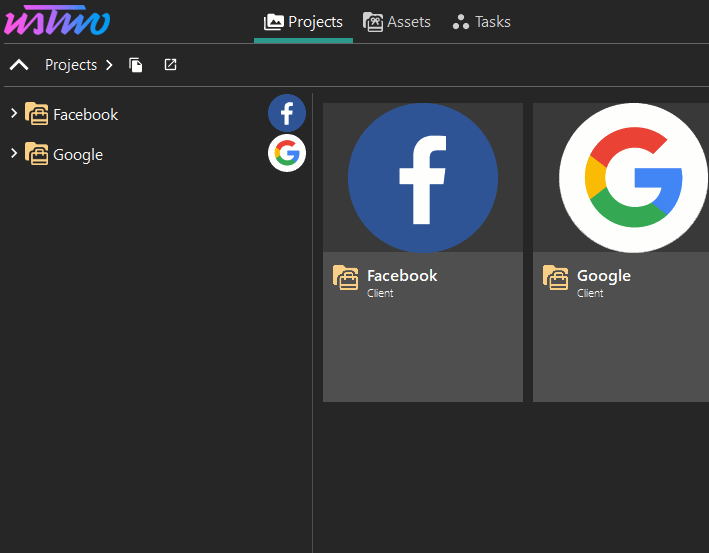
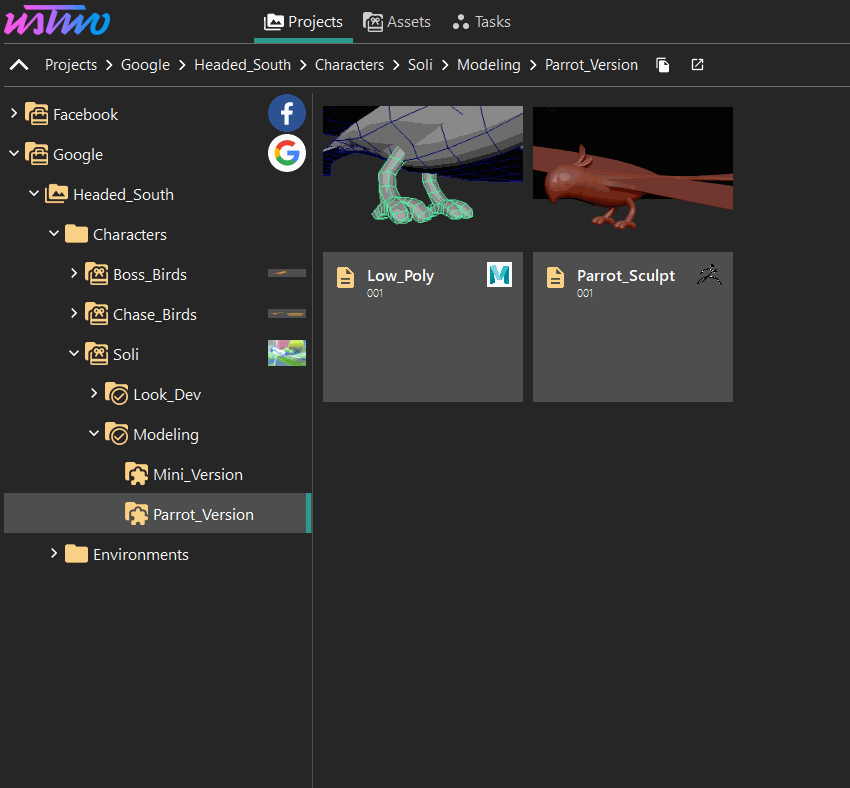
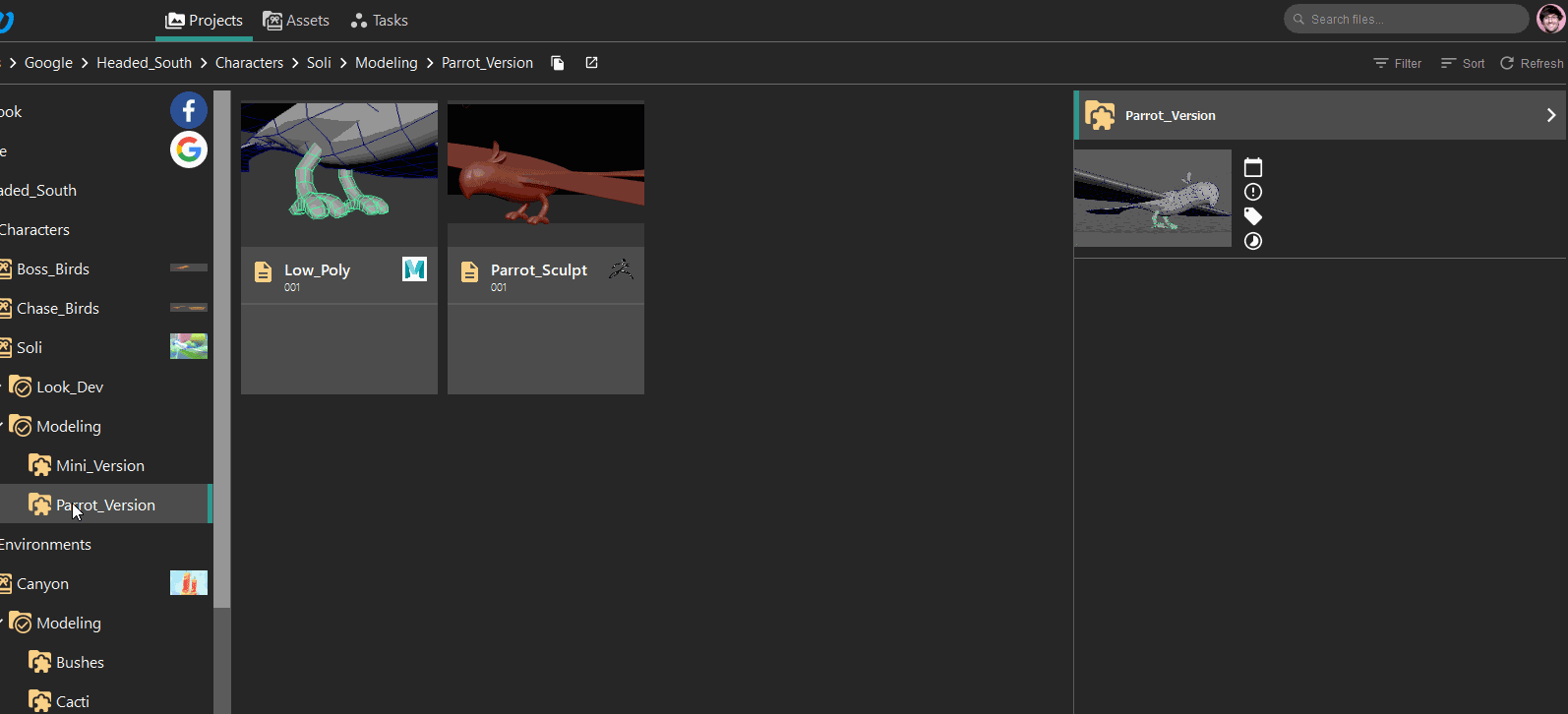
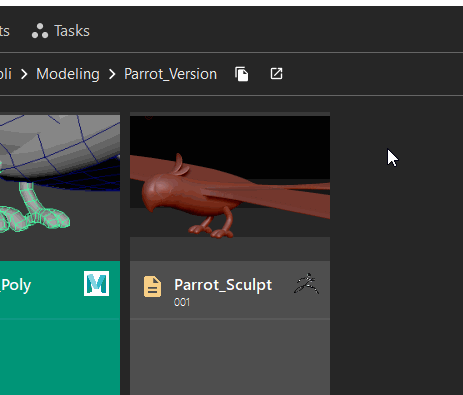
-Focus on the task at hand-
Marina Docker is a dual-purpose file browser/automated saving workflow that docks inside your software's GUI so you don't have to leave the task at hand to browse for files or manage saves. Marina is unified across apps, so you get the same file browsing experience in every software. During the automated file iteration process Marina will take a snapshot of your viewport and ask if you'd like to make comments, helping your future self and others navigate through your files.
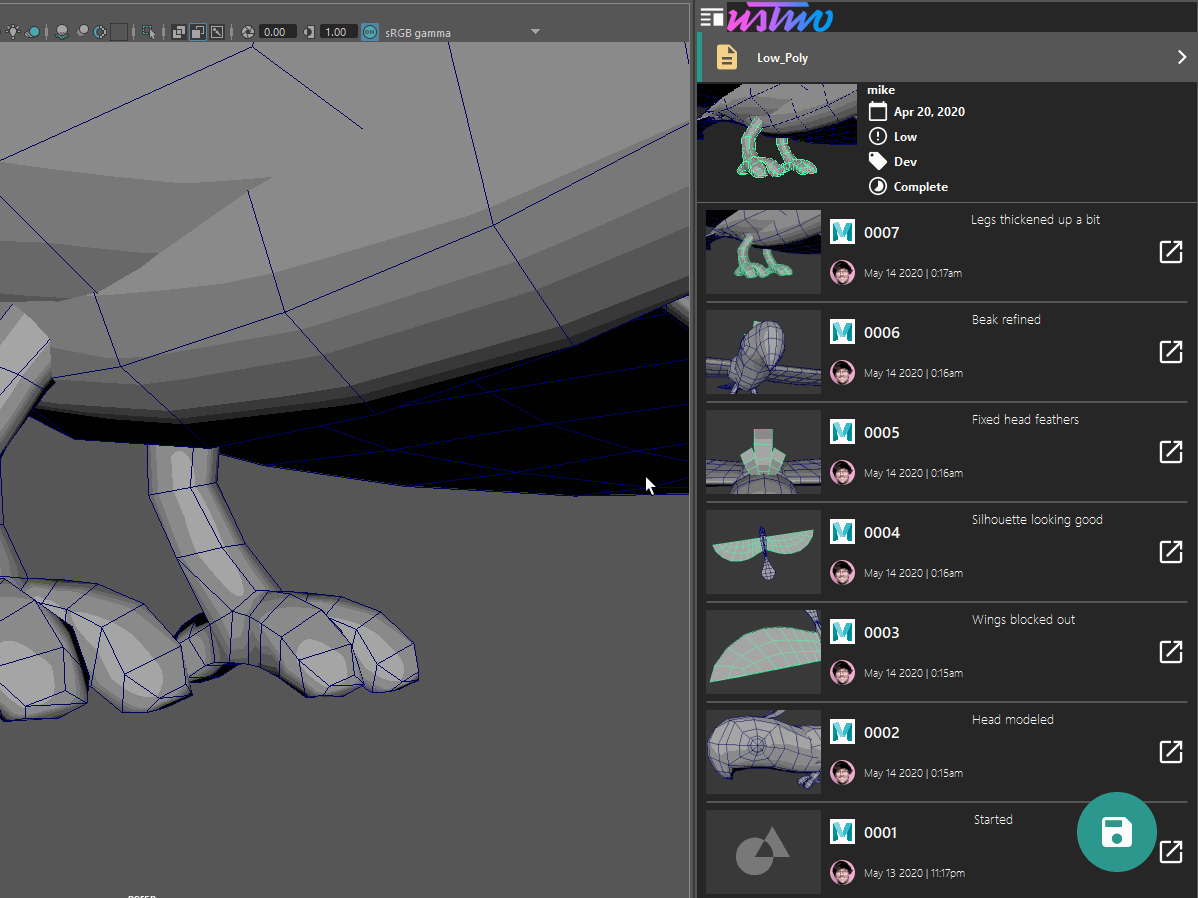
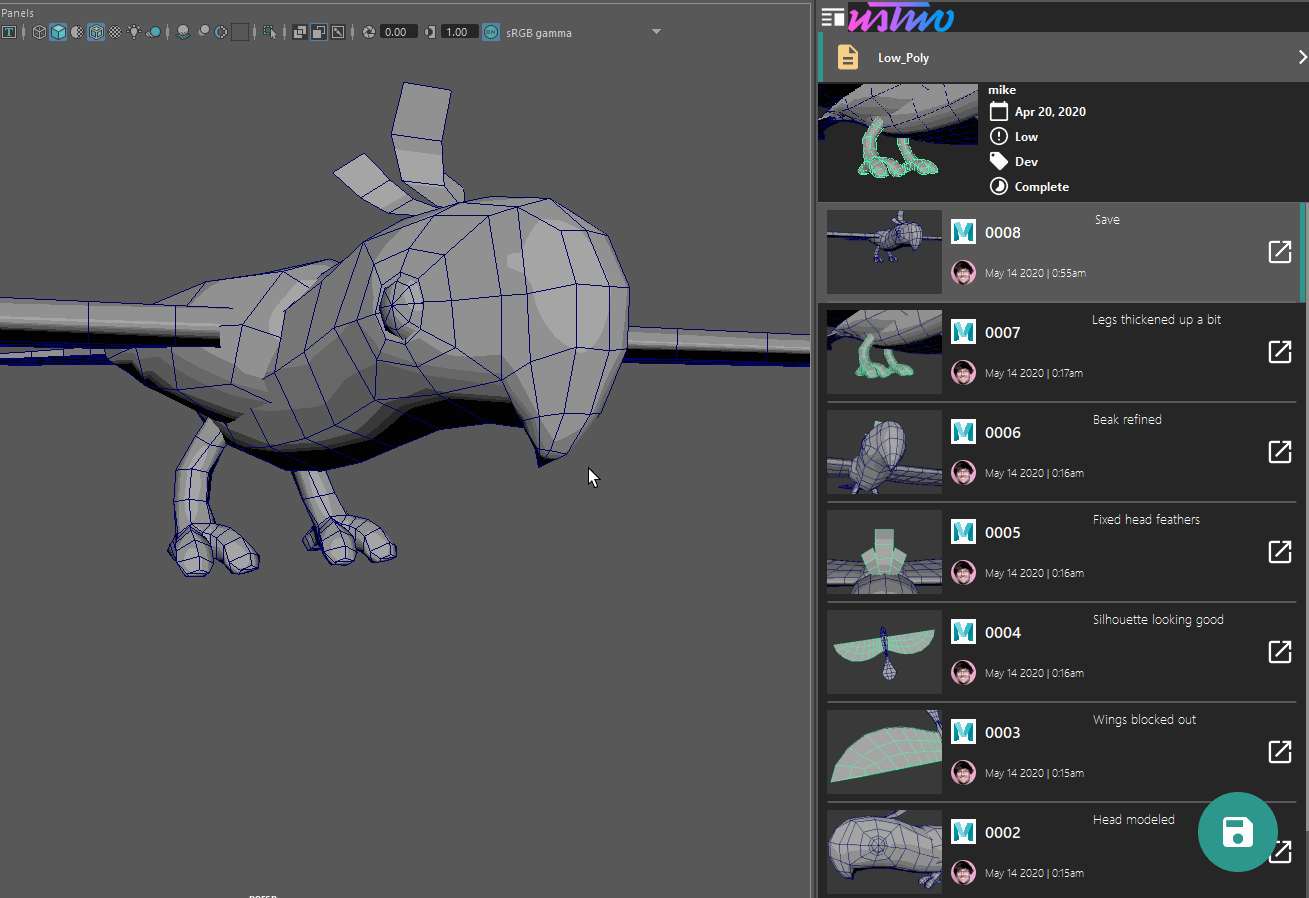
-Collaborate in the cloud-
Mount the pipeline to a cloud drive like OneDrive, Google File Stream, or any other cloud file sharing service to unlock a clean and simple remote workflow at no extra cost. If you're worried about data privacy have no fear, permissions are still managed by the cloud drive service owner/maintainer - like you would want - so you and your clients know things are safe and managed by a trusted party and not some rando artist who made a pipeline.
-(In development) Piece it all together-
Atlantis Asset Manager imports, exports, and manages your asset versions. When you're ready to export a file Atlantis stores your selection and export settings for future use. Import settings are also taken care of and remembered. When an asset gets a new version Atlantis will notify you and update the necessary contexts accordingly..
-Help wanted!-
Armada is written in Python 3 and will have open source extensions. By opening it up to the community I'm hoping we can make it bigger and better. Feel free to contact me if you'd like to help, request a feature, or be first in line when Armada ~sets sail~: info@armadapipeline.org
-Features | Beta-
- Cloud collaboration with no extra fees or subscriptions (must have a service like OneDrive, Google File Stream, Dropbox etc. for this to work)
- Focused and minimal file explorer and app launcher
- Automated file hierarchy pipeline
- Naming conventions
- Universal file management workflow from your software's native GUI
- Add extra layers of data to your files such as viewport screenshots, custom images, and user comments
- Growing library of tools and utility scripts
-Currently Supports-
- Maya 2020
- Houdini 18.0.460 (Donation supported)
- Blender 2.83 (Donation supported)
- Any cloud file streaming service
- PC
- macOS
- Python 3
-Planned Support-
Armada Roadmap
- Cinema 4D ( Need help with best practices)
- Unity (asset round tripping)
- Unreal (asset round tripping)
- Adobe Creative Cloud (Need help with development)
- Substance Painter
- Substance Designer
- Nuke (Need help with best practices)
- Linux (Need help)
- USD (Need help?)
-Requested Support-
- Clarisse iFX (Need help with best practices)
- Katana (Need help with best practices)
- Mari (Need help with best practices)
-Design Pillars-
These are the concepts around which the beta release is being built. Additional pillars will be added over time as people contribute to Armada, but at its core I'd like to retain at least these 3 pillars and grow from there:
- Geared towards individuals or small teams (not large studios) - I can only test/develop for my current use case which is small team game development. This will change over time if people join the project, but no matter what I'd like the small team experience to remain a focus. Some example small teams that I think will benefit from Armada's accessibility: small studios, freelancers, remote artists, artists working on a side projects, students working on a thesis film or game, hobbyists who want to stay organized as they tinker, etc.
- Focus on indie gaming/real time workflows for mobile - Armada's initial workflows will work best for artists who target games or real time projects for mobile. A lot of my initial development and testing makes some assumptions about how people will be working and what they need from the pipeline. I'm looking to the community to help me expand and enhance Armada beyond these initial capabilities. For example I don't typically work with simulation caches, references, or rendered images too often in mobile development. By open sourcing Armada I hope to expand the platform's support to other types of artists/workflows.
- Familiar and functional - Armada should work in a way that artists are used to. The UX shouldn't reinvent the wheel. The learning curve should be low and compliment the workflows you've already invested time into. One way in which you can see this concept taking form is in the Launcher GUI. I've stayed close to material design principles while also taking notes from established software like Asana, Slack, and OneDrive.
